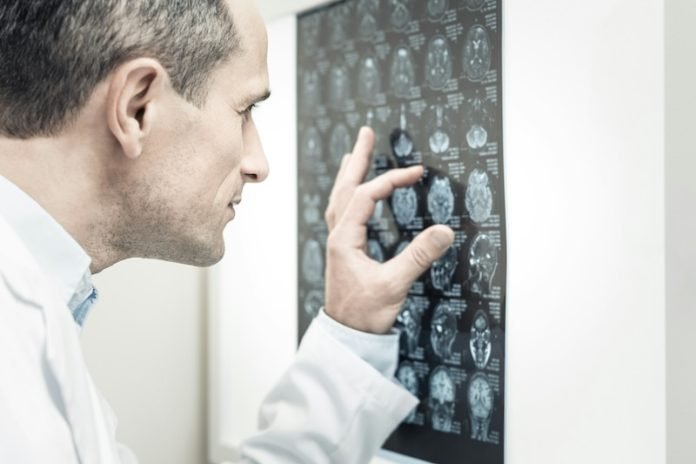
Dementia, a term that describes a range of symptoms affecting memory, thinking, and social abilities severely enough to interfere with daily life, poses a significant challenge for both patients and healthcare providers.
Diagnosing dementia is a complex process, as it involves determining the cause out of numerous possibilities, including Alzheimer’s disease, vascular dementia, and more.
A critical tool in this diagnostic toolkit is the brain scan.
This review aims to demystify the types of brain scans used and explore other steps in diagnosing dementia, all in a language that’s accessible and easy to grasp.
Firstly, it’s crucial to understand that there isn’t a single test for dementia. Instead, the diagnosis is based on a combination of medical history, physical examinations, laboratory tests, and the characteristic changes in thinking, day-to-day function, and behavior.
Among these, brain scans play a pivotal role by providing detailed images of the brain that can uncover evidence of dementia’s causes and effects.
There are several types of brain scans, each with its unique role in the diagnostic process:
CT (Computed Tomography) Scans: These use X-rays to create detailed images of the brain. CT scans are helpful in ruling out tumors, strokes, or problems with the brain’s structure that might cause dementia symptoms. They’re widely available and can be performed quickly, which is crucial in emergencies.
MRI (Magnetic Resonance Imaging) Scans: MRI scans offer more detail compared to CT scans by using magnetic fields and radio waves to generate images of the brain.
They can detect brain shrinkage associated with Alzheimer’s disease, vascular damage from strokes, and other changes indicative of dementia.
PET (Positron Emission Tomography) Scans: PET scans can measure the activity levels in different areas of the brain. A specific type of PET scan uses a radioactive tracer to detect the presence of amyloid plaques, a hallmark of Alzheimer’s disease.
Another variant of PET scan assesses glucose metabolism in the brain, as areas affected by Alzheimer’s show reduced glucose metabolism.
In addition to brain scans, the diagnostic process for dementia involves several other critical steps. A thorough medical history is taken, including questions about symptoms, past medical problems, family health history, medications, diet, alcohol use, and other lifestyle factors.
Cognitive tests are administered to assess memory, problem-solving, attention, language, and visual-spatial abilities. Physical exams and blood tests are conducted to rule out other conditions that might mimic or contribute to dementia symptoms.
A detailed understanding of an individual’s daily function and behavior is also essential. Healthcare providers often gather this information from family members or caregivers to get a complete picture of the person’s capabilities and changes they may have observed.
Diagnosing dementia is akin to putting together a puzzle where brain scans provide crucial pieces by revealing structural or functional changes in the brain.
However, these scans are part of a broader diagnostic approach that considers a wide range of information to arrive at a comprehensive understanding of the patient’s condition.
In conclusion, while the journey to a dementia diagnosis can be complex and multifaceted, advancements in brain imaging and diagnostic methodologies are continuously improving the accuracy and speed of these diagnoses.
Understanding the role of brain scans and other diagnostic steps can demystify the process for patients and their families, providing clarity and direction during challenging times.
If you care about brain health, please read studies about inflammation that may actually slow down cognitive decline in older people, and low vitamin D may speed up cognitive decline.
For more information about brain health, please see recent studies about common exercises that could protect against cognitive decline, and results showing that this MIND diet may protect your cognitive function, prevent dementia.
Copyright © 2024 Knowridge Science Report. All rights reserved.



